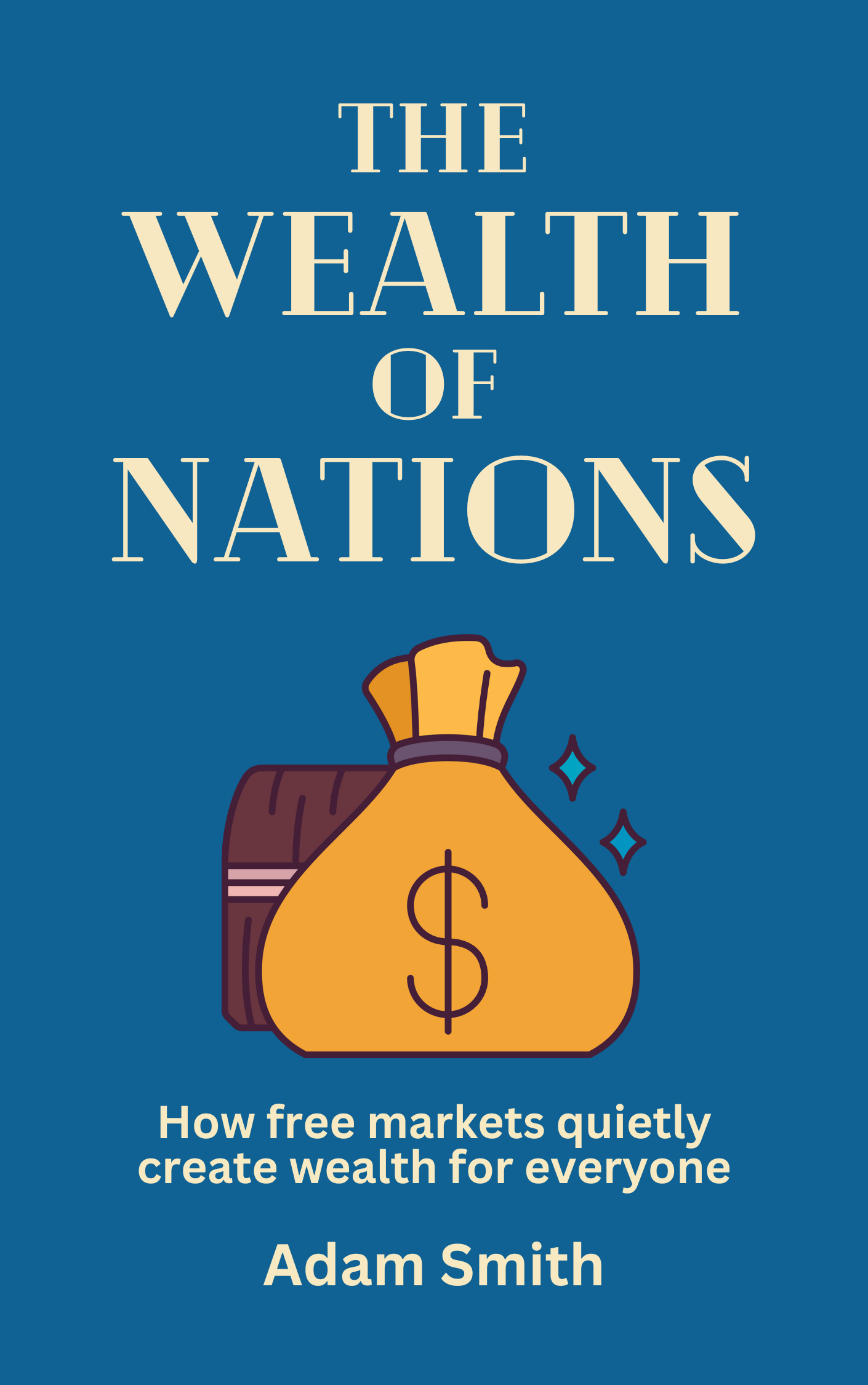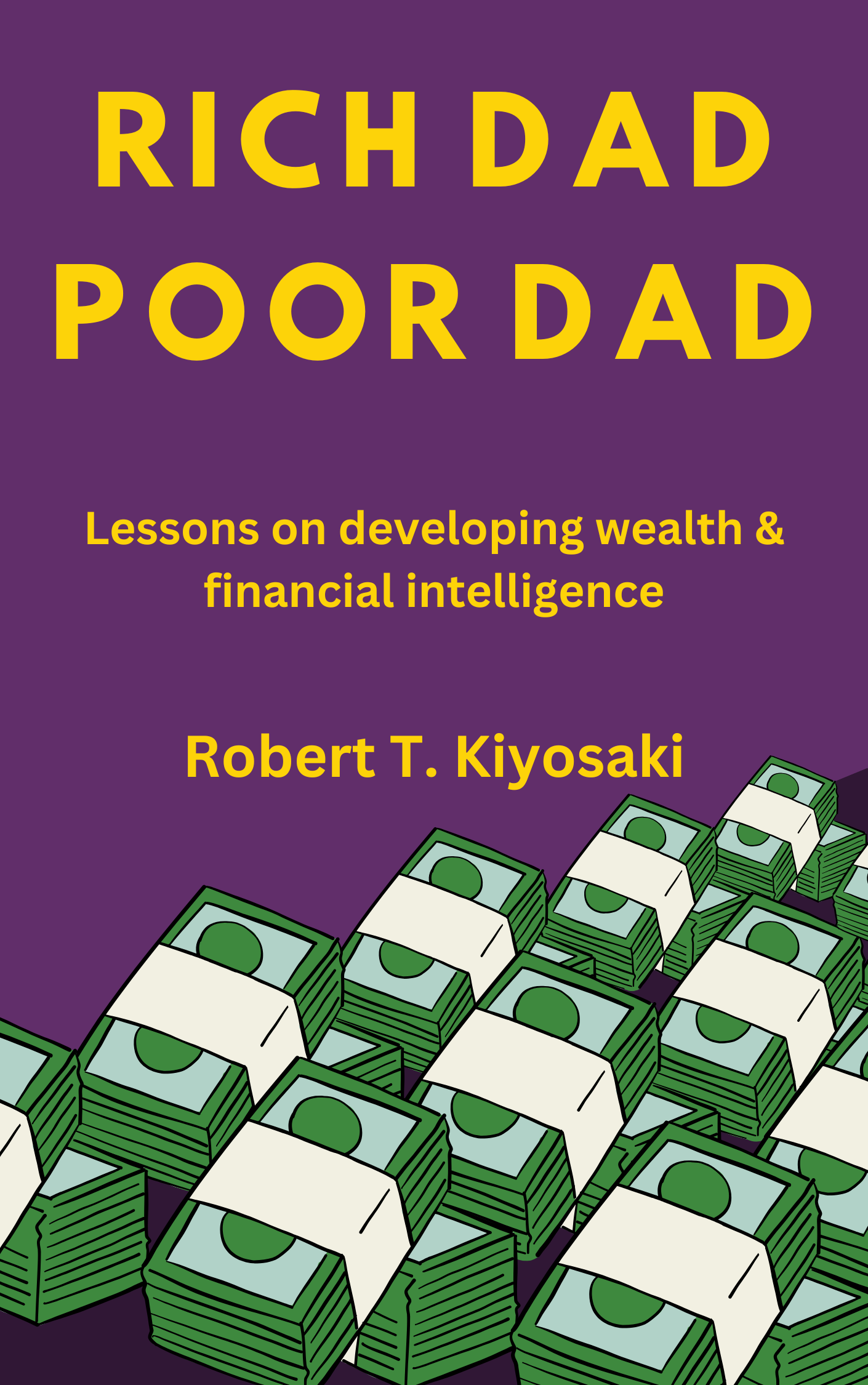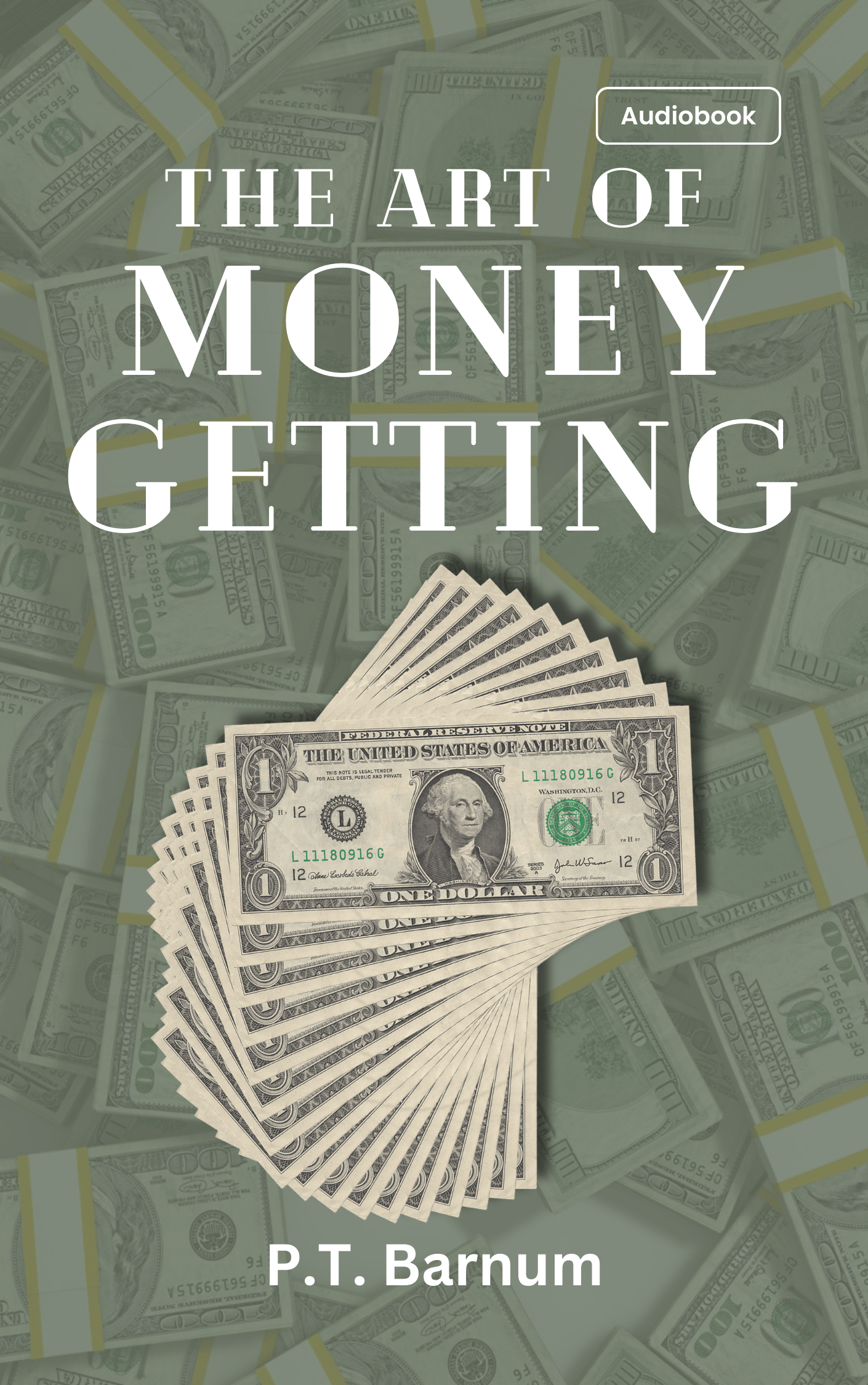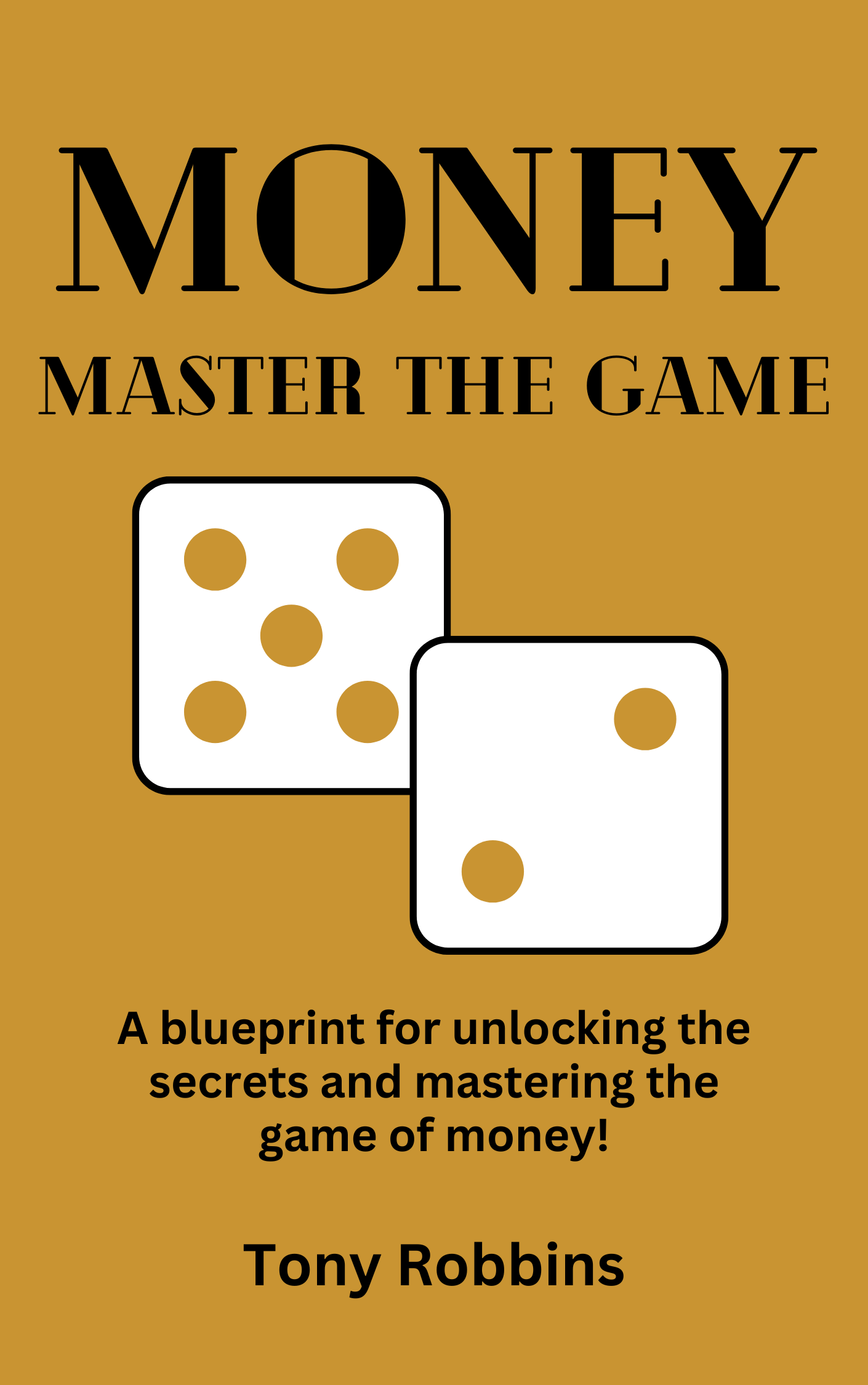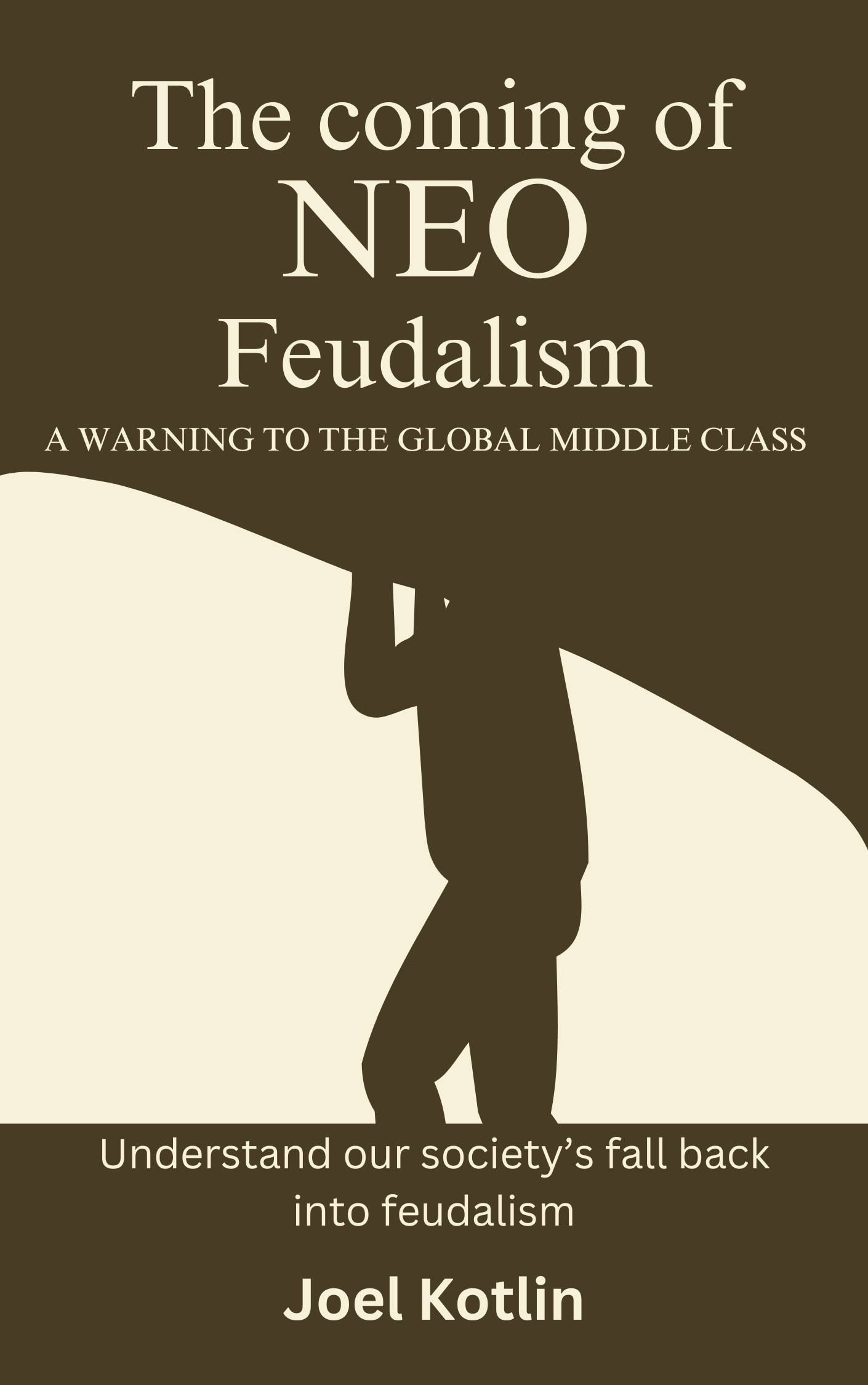Introduction
What Really Makes a Nation Rich?
When people think of wealth, they often imagine gold bars, stock markets, or giant corporations. But in An Inquiry into the Nature and Causes of the Wealth of Nations, published in 1776, the big idea is something far more grounded—and revolutionary. True wealth, Adam Smith argues, isn’t about hoarding treasure. It’s about productivity. It’s about how efficiently a nation’s people can create goods and services, and how freely they can exchange them. At the heart of this vision lies a deep faith in individual initiative, voluntary trade, and the surprising power of self-interest to drive the public good. What follows is a look at the key ideas that forever changed how we understand economies—and still shape the world today.
The Power of Specialization: Why We Work Better in Pieces
If you’ve ever tried to cook a meal, host a dinner party, and do the dishes all at once, you already know that doing everything yourself is exhausting—and inefficient. Now imagine applying that logic to a whole economy. The key to productivity, it turns out, is specialization. When people focus on one part of a task instead of doing everything themselves, output doesn’t just improve—it skyrockets.
One of the clearest illustrations of this is the pin factory example. A single person trying to make a pin from scratch might produce just a handful in a day. But when the process is split into distinct steps—drawing the wire, cutting it, sharpening the point, attaching the head—and each person repeats just one of those tasks, the group can make thousands of pins a day. It’s not just about speed; it’s about mastery. Repetition allows workers to become highly skilled in their specific roles, and this skill leads to better quality and consistency.
But this principle doesn’t stop at factories. It applies to communities, cities, and entire nations. Farmers grow food, carpenters build homes, and teachers educate children. Each person depends on the expertise of others, creating a web of interdependence that keeps society moving. Specialization makes trade not only useful but necessary. You don’t need to bake your own bread if you can build tables and swap one for the other.
Over time, this kind of efficiency fuels innovation. When people focus on just one job, they naturally look for ways to do it faster and better. They invent new tools, design smarter workflows, and share techniques. Suddenly, even simple tasks evolve into entire industries. Specialization leads to cooperation, and cooperation leads to wealth—not just in goods, but in skills, time, and ingenuity.
And yet, none of this happens unless there's a system in place where people can freely exchange what they’ve produced. That’s where markets come in…
The Invisible Hand: How Self-Interest Serves the Whole
Imagine walking into a crowded market. Vendors shout prices, buyers haggle, and deals are made everywhere you turn. It feels chaotic, but somehow, it works. No one’s in charge of the entire market, yet it functions smoothly. This is the invisible hand in action—a concept that captures how individual self-interest can unintentionally benefit society at large.
When someone opens a bakery, they’re not thinking about feeding the neighborhood—they’re thinking about making a living. But to succeed, they have to meet the needs of customers. That means offering fresh bread, fair prices, and friendly service. If they don’t, people will go elsewhere. So, in the pursuit of personal gain, the baker ends up doing good for others.
This isn’t altruism, but it’s not greed either. It’s mutual benefit. The customer wants a good loaf of bread, the baker wants to make a profit, and when both act in their own interests, both win. Multiply this interaction across a whole economy, and you get a system where goods and services move efficiently, prices adjust naturally, and innovation thrives—not because someone orders it, but because people are simply trying to meet their own needs.
What makes this mechanism so powerful is that it doesn’t rely on centralized control. No planner or king needs to decide who should make what or how much of it. Prices act as signals. When something is scarce, its price rises, encouraging more production. When it’s abundant, prices fall, curbing overproduction. It’s a self-correcting loop that balances supply and demand.
This principle doesn’t mean every outcome is perfect. But over time, it tends to reward efficiency, quality, and responsiveness to human needs. It also encourages a kind of moral feedback loop—businesses that cheat, mistreat workers, or cut corners often lose public trust and customers. So, while not perfect, the invisible hand often nudges behavior in a socially beneficial direction.
In essence, the invisible hand isn’t a mystical force—it’s just the natural outcome of people making free choices in a connected system. Let’s take a moment here to markets work at a global level.
Let Trade Flow: Why Open Markets Create More for Everyone
Money solved a big problem in early marketplaces. When a butcher wanted bread but the baker didn't want meat, direct trading hit a wall. That's where money stepped in. The butcher could sell meat to anyone willing to buy it, then use that money to purchase bread. This simple innovation freed people from the constraints of direct exchange and allowed them to specialize fully in their crafts. People could just specialize, trade, and enjoy better benefits. This simple idea explains the benefits of free trade—not just between individuals, but between towns, regions, and even entire countries.
In earlier centuries, many governments believed in stockpiling wealth, especially gold and silver. This system, known as mercantilism, saw international trade as a competition where one nation’s gain was another’s loss. So countries imposed tariffs, hoarded currency, and tried to export more than they imported. But this view misses something crucial: trade isn’t a battle. It’s an opportunity.
When each nation focuses on producing what it does best—whether that’s textiles, food, machinery, or software—and trades for what others produce more efficiently, everyone ends up with more. Instead of duplicating effort or settling for second-rate goods, countries can leverage each other’s strengths. The total supply of goods increases, prices drop, and quality rises. It’s a win-win, not a zero-sum game.
The same logic applies within countries. Cities don’t try to grow all their own food, and rural areas don’t manufacture all their own tools. Each place contributes what it’s best at, and trade connects the dots. The broader and freer the exchange network, the more efficient the economy becomes.
Open trade also brings exposure to new ideas, products, and ways of working. It fuels innovation, spreads technology, and raises standards. When businesses face competition from abroad, they’re pushed to improve or risk falling behind. Consumers benefit from more choices and better prices, and the entire system becomes more dynamic.
That said, trade works best when it’s supported by fair rules and infrastructure. Roads, ports, reliable legal systems, and mutual respect between trading partners all matter. But once those basics are in place, the fewer the barriers, the greater the potential for prosperity.
Free trading is closely related to the concept of self-interest. Don’t see how?
Self-Interest, Not Selfishness: How Mutual Benefit Works
There’s a common misunderstanding that looking out for yourself means disregarding others. But self-interest, in a well-functioning economy, is something very different from selfishness. It’s about making choices that benefit you while also respecting the interests of others.
Think of a tailor who opens a shop. Her goal is to earn a living, not to clothe the neighborhood out of kindness. But she knows that unless she offers clothes that people like, at prices they’re willing to pay, she won’t succeed. So she learns what styles are in demand, sources quality materials, and keeps her service sharp. All it takes is aligning her interests with those of her customers. Plus, every product we make creates income for three distinct groups. It generates wages for workers doing the actual crafting, profits for owners who organized the operation, and rent payments to whoever owns the building where the work is carried out. Better outcomes for everyone!
In this kind of system, no one needs to be forced to serve others. The incentives do the work. The more value you provide, the more you tend to earn. That’s why markets naturally reward creativity, responsiveness, and quality—because those traits attract customers.
This logic also builds trust. When people consistently meet each other’s needs, relationships form. A regular customer at a bakery starts to rely on the morning loaf being fresh and on time. The baker, in turn, begins to count on that customer’s daily business. These routines create informal contracts, a kind of social glue that holds economic life together.
Of course, markets aren't perfect. There are cases where unchecked self-interest can lead to harm—think of pollution, fraud, or exploitation. But in a healthy, competitive environment with clear rules, those who act only for themselves at others’ expense often fail in the long run. Customers leave, reputations suffer, and better players rise. But even then, markets cannot always provide everything.
The Role of Government: Not to Control, But to Support
It’s easy to assume that if markets work so well on their own, there’s no need for government at all. But that’s not quite the case. Markets need a solid foundation—rules, institutions, and protections that keep things fair and functioning. Government, in the right role, doesn’t strangle the economy; it strengthens it.
The most basic job of government in an economic system is to protect people and property. If workers aren’t safe, or if businesses fear that contracts won’t be honored or goods might be stolen, the whole system breaks down. A functioning legal system, police force, and stable currency are invisible threads holding the economy together. Without them, trade becomes risky, trust vanishes, and growth stalls.
Beyond security, governments also build the infrastructure that markets rely on but that individuals or private companies have little incentive to create alone. Roads, bridges, harbors, and schools—these are public goods that benefit everyone but are hard to sell for profit. When maintained properly, they make trade smoother, knowledge more accessible, and opportunity more widely shared.
Education is another area where public investment pays off. A society filled with skilled, literate, and informed citizens is far more productive than one where knowledge is limited to a few. And when people are equipped with basic tools—like reading, math, or critical thinking—they're better able to specialize, innovate, and participate in the wider economy.
Governments also play a crucial role in regulating competition. Left unchecked, some businesses might grow so large or powerful that they crush smaller players, distort markets, or exploit workers and consumers. Having clear rules against monopolies, fraud, or environmental harm doesn’t stifle growth—it ensures that growth is healthy and widely shared.
Of course, governments can also overreach. Too much interference—like heavy taxes, overregulation, or arbitrary trade restrictions—can choke the very dynamism they’re meant to support. The key is balance. Markets should be free to operate, but not so free that they become playgrounds for abuse or inequality.
The most effective governments act not as micromanagers, but as referees!
Now, let’s talk about the most powerful player of any economy.
Labor Is the Real Source of Wealth
Long-Term Growth Comes from Simple, Repeatable Exchanges
Long-term economic growth comes from ordinary people making small exchanges, over and over again, in a system that lets those exchanges grow.
This cycle of exchange, repeated thousands of times a day across a society, creates momentum. More trade means more specialization. More specialization means more output. And more output means more to trade. It’s a quiet engine of compounding productivity that pushes the economy forward.
This process doesn’t require any one person to understand the big picture. Each individual focuses on their part—growing, making, trading—and the system evolves on its own. Innovation creeps in. Networks grow. Markets expand. Eventually, what began as a simple barter between neighbors becomes a complex, integrated economy.
This is why freedom to exchange is so powerful. When people can trade openly, they find more and more ways to create value, build trust, and make deals that benefit everyone.
So, at its core, long-term economic growth depends on acts that may seem small on their own, but together they form the backbone of wealth creation. And when nurtured with fairness, trust, and openness, they build prosperity that can last for generations.
Summary
Small Freedoms, Big Prosperity
The big lesson from The Wealth of Nations isn’t about chasing riches or building empires. It’s about trust in small, everyday choices. When people are free to work, trade, and specialize within fair systems, something remarkable happens: wealth grows—quietly, steadily, and often unexpectedly. Prosperity, it turns out, isn’t the result of control, but of letting go.

